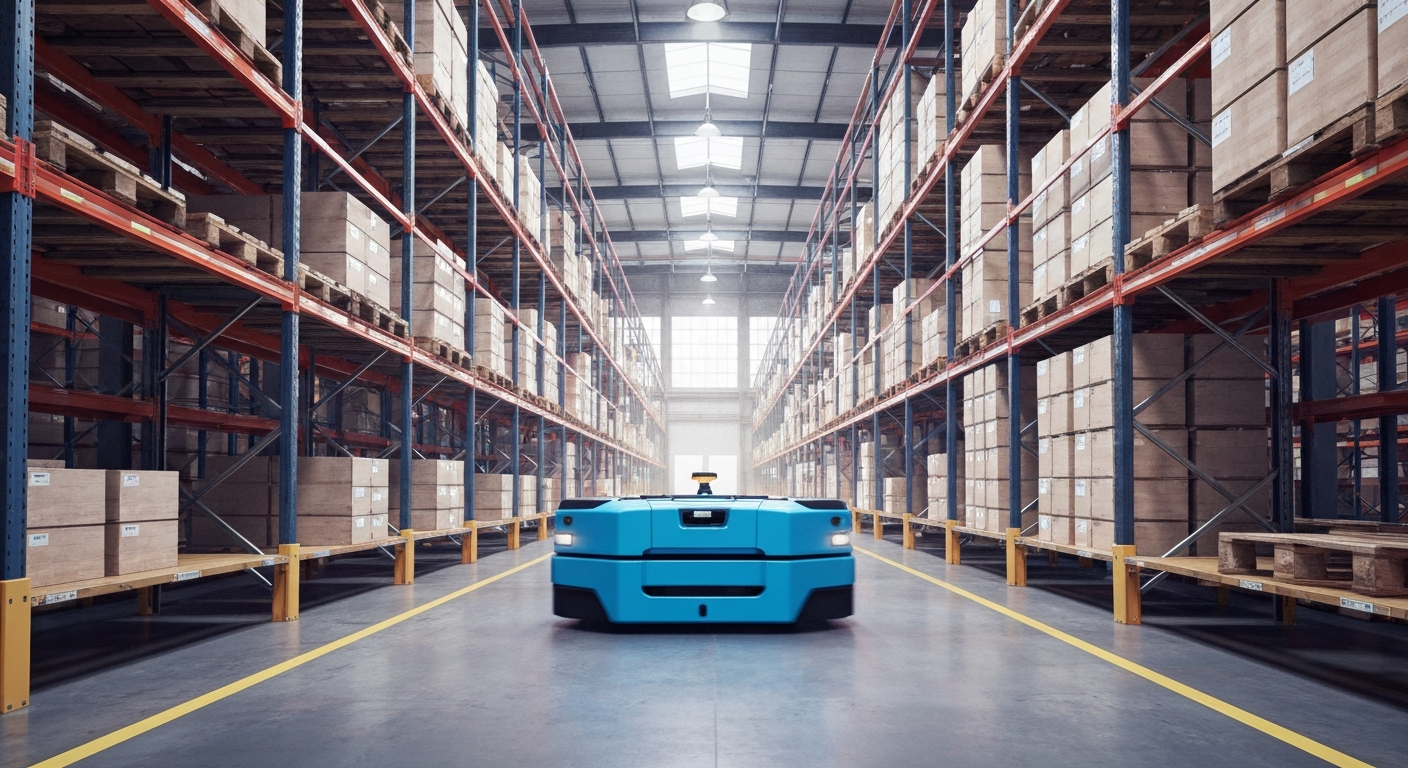The Benefits of Using a PLC Data Historian for Automation & Data Analysis
What is a PLC Data Historian and How Does it Work?
A PLC Data Historian in Industrial Automation is a software system that collects, stores, and analyzes data from Programmable Logic Controllers (PLCs). It is used to monitor and analyze the performance of industrial processes. The data historian can be used to identify trends in production, detect anomalies in the process, and provide insights into how the process can be improved.
The data historian market is growing rapidly as more companies are looking for ways to improve their operations. Companies are using data historians to gain insights into their processes and make better decisions. Data historians are also being used by manufacturers to track production performance and ensure quality control. Empowered Automation Solutions provides a free Manufacturing Data Historian that helps companies collect, store, analyze, and visualize their PLC data.

How a PLC Data Historian Can Help with Automation & Data Analysis
A PLC Data Historian is a powerful tool that can help with automation and data analysis. It is a type of software that stores and organizes data from Programmable Logic Controllers (PLCs) in an organized manner. This allows for easy access to the data, which can then be used for various purposes such as automation, analytics, and reporting.
Data historians come in different types such as SCADA systems, OPC servers, and SQL databases. They are used to store large amounts of data from PLCs over long periods of time. This makes it easier to analyze the data and identify trends or patterns that can be used to improve processes or operations. Additionally, they can also be used to monitor the performance of machines or systems in real-time.
What are the Benefits of Using a PLC Data Historian?
A PLC Data Historian is an invaluable tool that can be utilized to store and analyze data collected from Programmable Logic Controllers (PLCs). This type of data storage solution is often used in industrial environments to track and analyze real-time operational data from a variety of sensors, controllers, machines, and other sources connected to the PLC. It allows for quick analysis of historical trends which can then be used for forecasting and optimization. A Programmable Logic Controller (PLC) Database is an organized storage system that collects and stores data from PLCs, which can then be quickly and easily accessed and analyzed by users. It is a powerful tool that allows for efficient management of large amounts of data, enabling users to gain valuable insights from it. The historian is a powerful tool that offers users the ability to quickly and easily compare different sets of data over a specified period of time.
This feature makes it easier for users to identify trends, patterns, or anomalies in the data in order to make more informed decisions. In addition to the numerous other benefits it provides, AI writing assistants can also be used for predictive analytics, helping users anticipate and prepare for future events or problems that may arise. By leveraging the huge amounts of data available and its powerful machine learning algorithms, AI writing assistants can be used to identify emerging trends or patterns in data that have the potential to become problems down the line. Utilizing a Programmable Logic Controller Data Historian can be extremely beneficial for companies as it provides them with valuable insights into their operations. This information can then be used to make informed decisions that will help improve efficiency and optimize the performance of their processes.
What are the Best Practices for Implementing a PLC Data Historian?
It allows companies to store and analyze data from their SCADA systems, providing valuable insights into the performance of their machines and processes. Implementing a PLC Data Historian requires careful planning and consideration of best practices. This article will discuss the key considerations when implementing a historian database, including the selection of an appropriate historian server, the configuration of historian tags, and the use of historian reports. Additionally, it will provide guidance on how to ensure that your data is secure and compliant with industry standards. By following these best practices, you can ensure that your PLC Data Historian implementation is successful and provides maximum value to your organization.
Start Leveraging the Power of Automation & Data Analysis with a PLC Data Historian
Automation and data analysis are becoming increasingly important in the modern industrial world. With the help of a PLC Data Historian, companies can leverage the power of automation and data analysis to improve their operations. A PLC Data Historian is a software that collects, stores, and analyzes data from Programmable Logic Controllers (PLCs). It helps companies to monitor their production processes in real-time and make informed decisions based on the collected data.
The market for PLC Data Historians is highly competitive with many vendors offering different solutions at varying prices. Some of the most popular vendors include Rockwell, Siemens, Aveva, Wonderware, Empowered Automation, Canary Historian and IoT Historian. Each vendor offers different features at different price points so it is important to do your research before making a purchase decision.



